Mark Zuckerberg Reflects on How Apple's Strict Rules Hurt Facebook
In the late 2000s, Facebook was a booming desktop web platform with a growing selection of third-party games and apps, including the viral sensation FarmVille. However, once the iPhone and other mobile devices became more popular, this started to change. In particular, Apple's closed-off App Store rules impacted the social network. In a recent interview with Stratechery's Ben Thompson, Meta CEO Mark Zuckerberg briefly reflected on how the App Store's rules limited Facebook. Specifically, he said that Apple not allowing Facebook to function as "a platform within a platform" on iOS contributed to the end of the FarmVille era:Well look, the original Facebook platform was something that really just made sense for web, and it was sort of a pre-mobile thing. As the usage transitioned from desktop web to mobile, Apple basically just said, 'You can't have a platform within a platform and you can't have apps that use your stuff.' So that whole thing, which had grown to be a meaningful part of our business — I think by the time that we had our IPO in 2012, I think games and apps were about 20% of our business — but that basically just didn't have much of a future.However, Apple is not entirely to blame for this particular situation. In the early 2010s, Facebook itself decided to lock down access to some APIs and made other policy changes that affected the ecosystem of games and apps on its platform, as a result of growing privacy, security, and customer experience considerations. Zuckerberg went on to reflect on his company's "deep bitterness" over Apple's policies:[…] it was one of these things that I think it's really just an artifact of Apple's policies that I think has led to this deep bitterness around not just this, but a number of things where they've just said, 'Okay, you can't do these things that we think would be valuable,' which I think to some degree contributes to some of that dynamic between our company and theirs. I think that's unfortunate.In more recent years, Facebook was impacted by Apple's introduction of App Tracking Transparency, which limited targeted advertising on iOS. Zuckerberg believes that mobile platforms like iOS should be more open, as desktop operating systems like macOS and Windows are. With mounting litigation against Apple around the world, Zuckerberg might get his wish. Apple's closed-off App Store rules have come under fire in recent years. Just yesterday, Epic Games landed a major victory against Apple, as a U.S. judge ruled that Apple violated a 2021 injunction that required it to allow app developers to direct customers to third-party purchase options on the web using in-app links. Effective immediately, Apple must stop impeding developers' ability to communicate with users, and it also must stop charging a 27% commission on purchases made via these in-app links. Last year, the U.S. Department of Justice filed an antitrust lawsuit against Apple. The ongoing lawsuit alleges that Apple illegally maintains a monopoly in the smartphone market with the iPhone and the device's locked-down ecosystem. Bit by bit, the walls surrounding Apple's infamous walled garden are beginning to come down.Tags: App Store, Facebook, Mark ZuckerbergThis article, "Mark Zuckerberg Reflects on How Apple's Strict Rules Hurt Facebook" first appeared on MacRumors.comDiscuss this article in our forums


In a recent interview with Stratechery's Ben Thompson, Meta CEO Mark Zuckerberg briefly reflected on how the App Store's rules limited Facebook.
Specifically, he said that Apple not allowing Facebook to function as "a platform within a platform" on iOS contributed to the end of the FarmVille era:
Well look, the original Facebook platform was something that really just made sense for web, and it was sort of a pre-mobile thing. As the usage transitioned from desktop web to mobile, Apple basically just said, 'You can't have a platform within a platform and you can't have apps that use your stuff.' So that whole thing, which had grown to be a meaningful part of our business — I think by the time that we had our IPO in 2012, I think games and apps were about 20% of our business — but that basically just didn't have much of a future.However, Apple is not entirely to blame for this particular situation. In the early 2010s, Facebook itself decided to lock down access to some APIs and made other policy changes that affected the ecosystem of games and apps on its platform, as a result of growing privacy, security, and customer experience considerations.
Zuckerberg went on to reflect on his company's "deep bitterness" over Apple's policies:
[…] it was one of these things that I think it's really just an artifact of Apple's policies that I think has led to this deep bitterness around not just this, but a number of things where they've just said, 'Okay, you can't do these things that we think would be valuable,' which I think to some degree contributes to some of that dynamic between our company and theirs. I think that's unfortunate.In more recent years, Facebook was impacted by Apple's introduction of App Tracking Transparency, which limited targeted advertising on iOS.
Zuckerberg believes that mobile platforms like iOS should be more open, as desktop operating systems like macOS and Windows are.
With mounting litigation against Apple around the world, Zuckerberg might get his wish.
Apple's closed-off App Store rules have come under fire in recent years. Just yesterday, Epic Games landed a major victory against Apple, as a U.S. judge ruled that Apple violated a 2021 injunction that required it to allow app developers to direct customers to third-party purchase options on the web using in-app links. Effective immediately, Apple must stop impeding developers' ability to communicate with users, and it also must stop charging a 27% commission on purchases made via these in-app links.
Last year, the U.S. Department of Justice filed an antitrust lawsuit against Apple. The ongoing lawsuit alleges that Apple illegally maintains a monopoly in the smartphone market with the iPhone and the device's locked-down ecosystem.
Bit by bit, the walls surrounding Apple's infamous walled garden are beginning to come down.
This article, "Mark Zuckerberg Reflects on How Apple's Strict Rules Hurt Facebook" first appeared on MacRumors.com
Discuss this article in our forums






















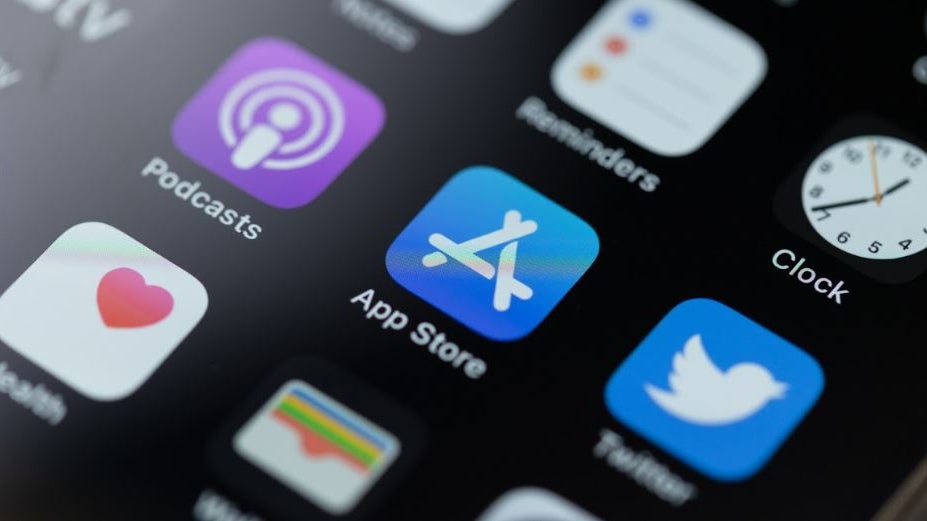





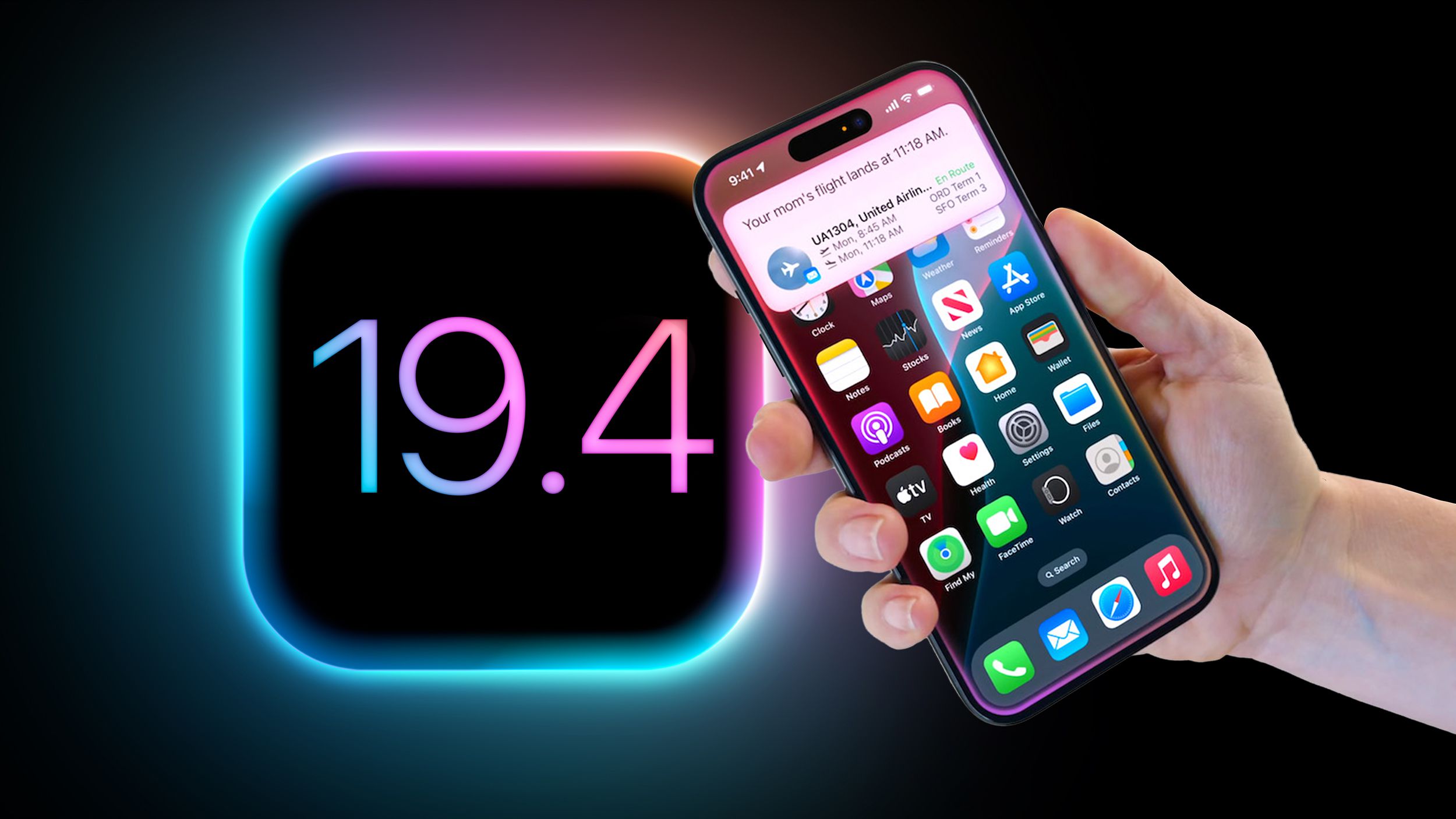


















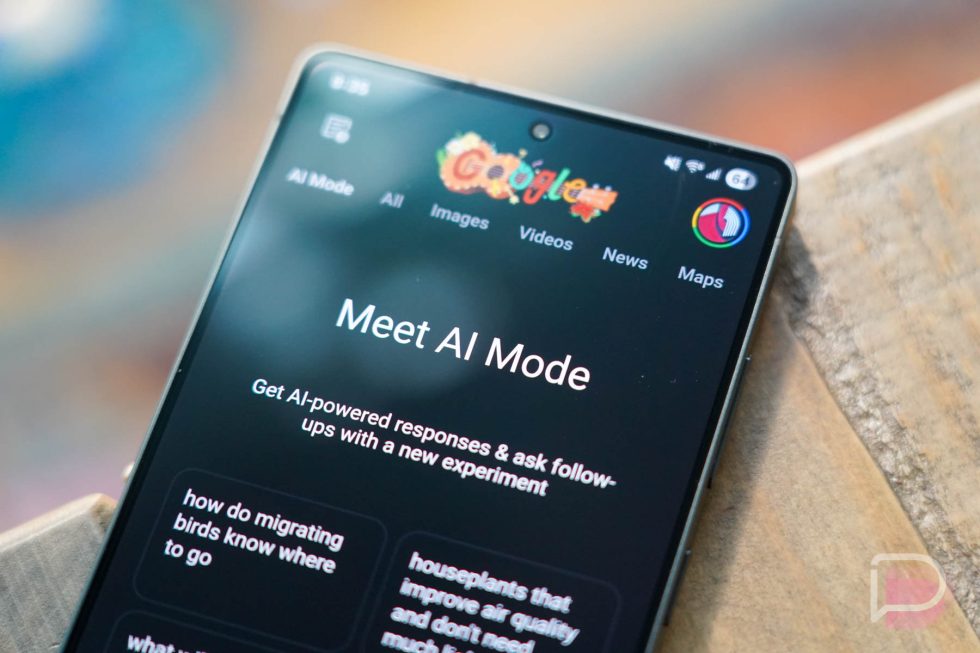




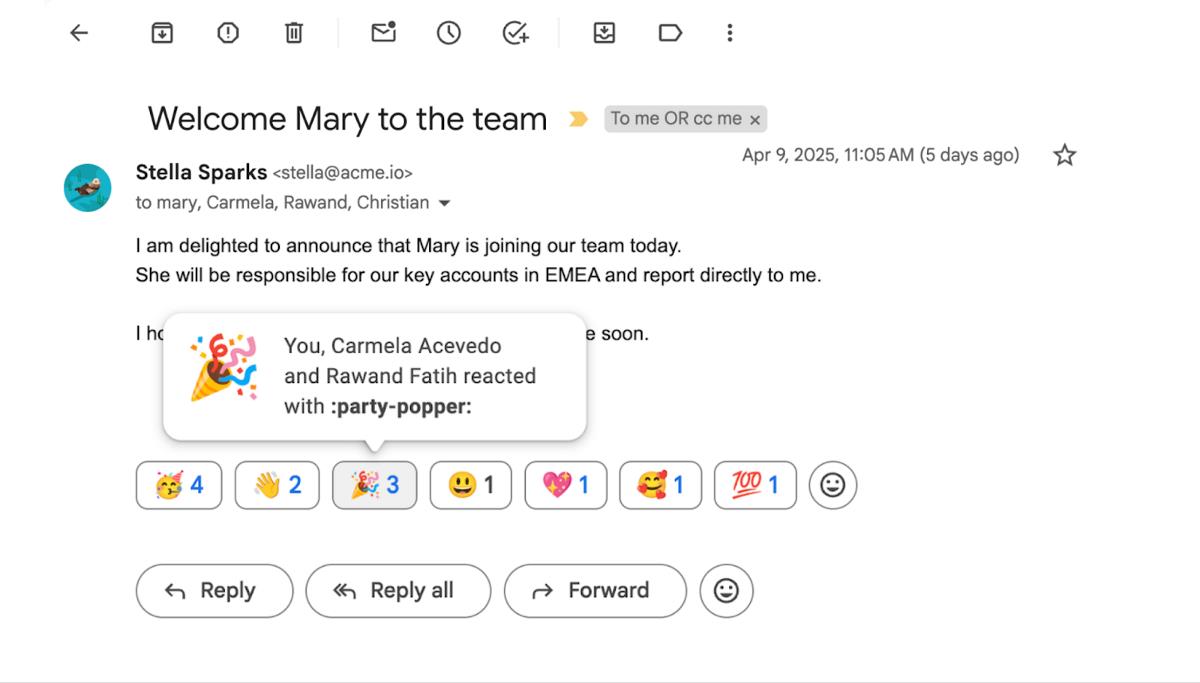
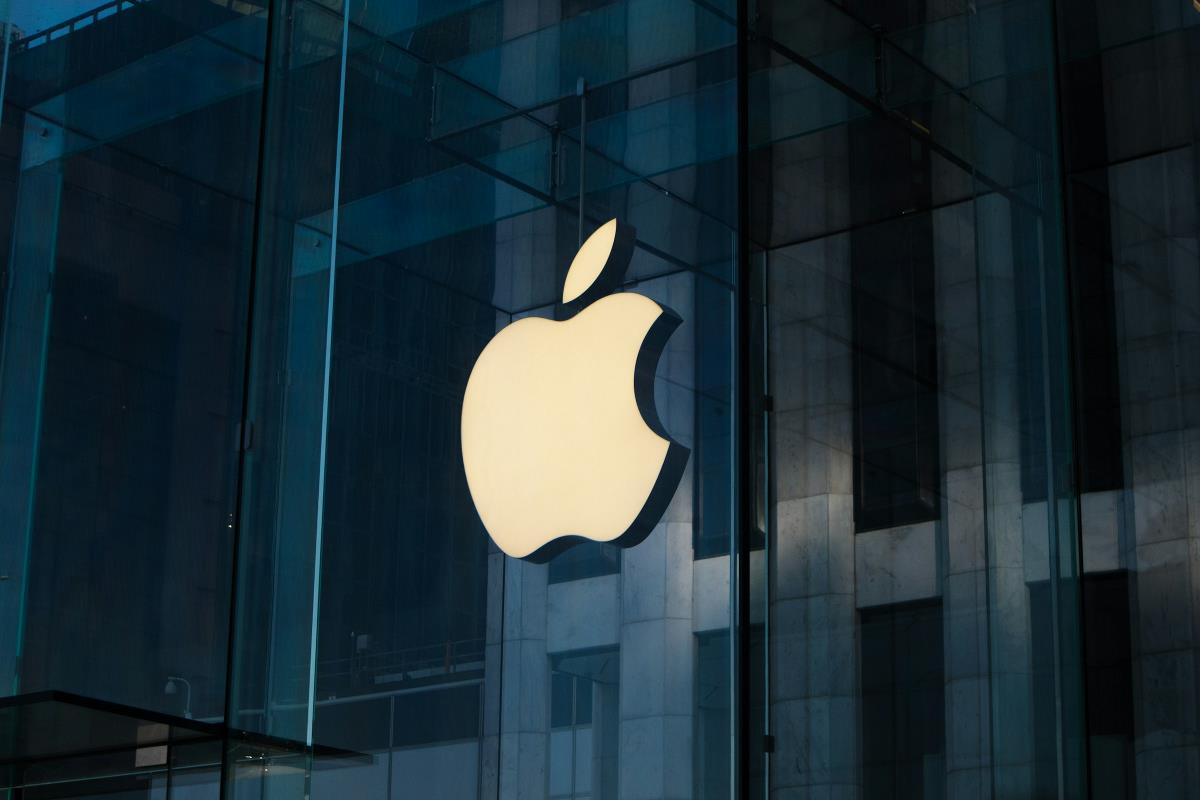





















![Apple Ships 55 Million iPhones, Claims Second Place in Q1 2025 Smartphone Market [Report]](https://www.iclarified.com/images/news/97185/97185/97185-640.jpg)


























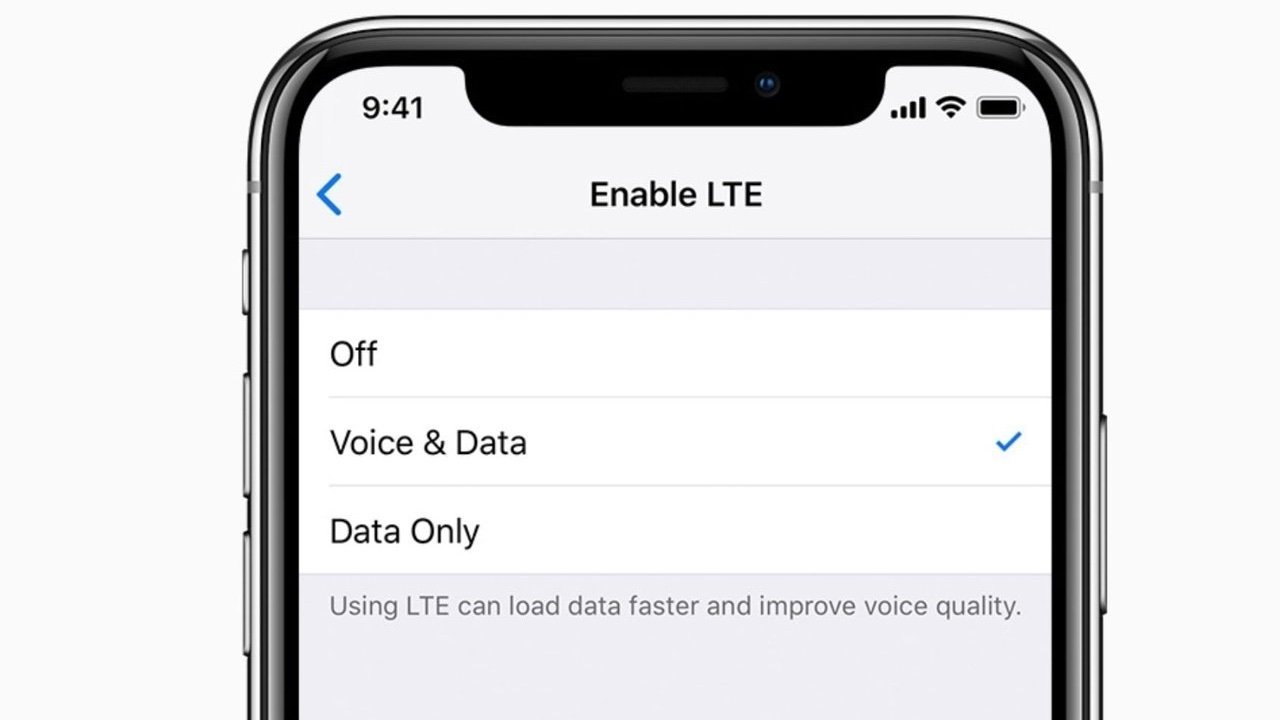
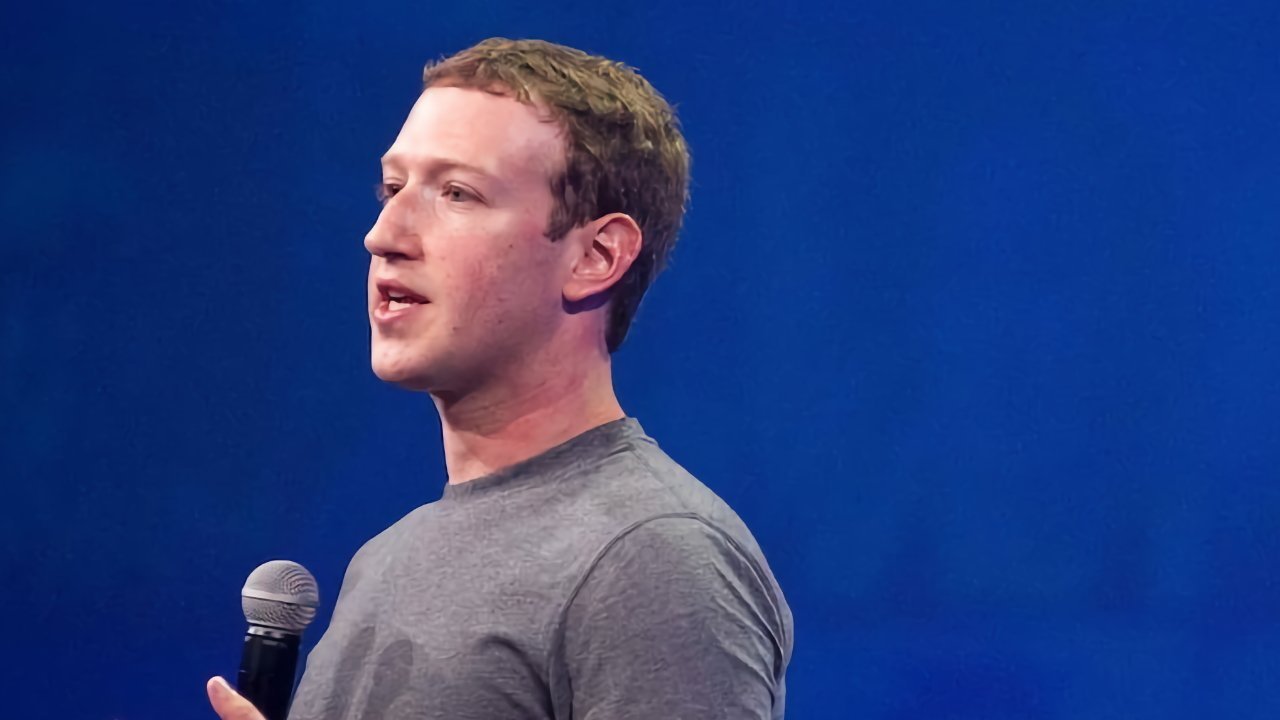







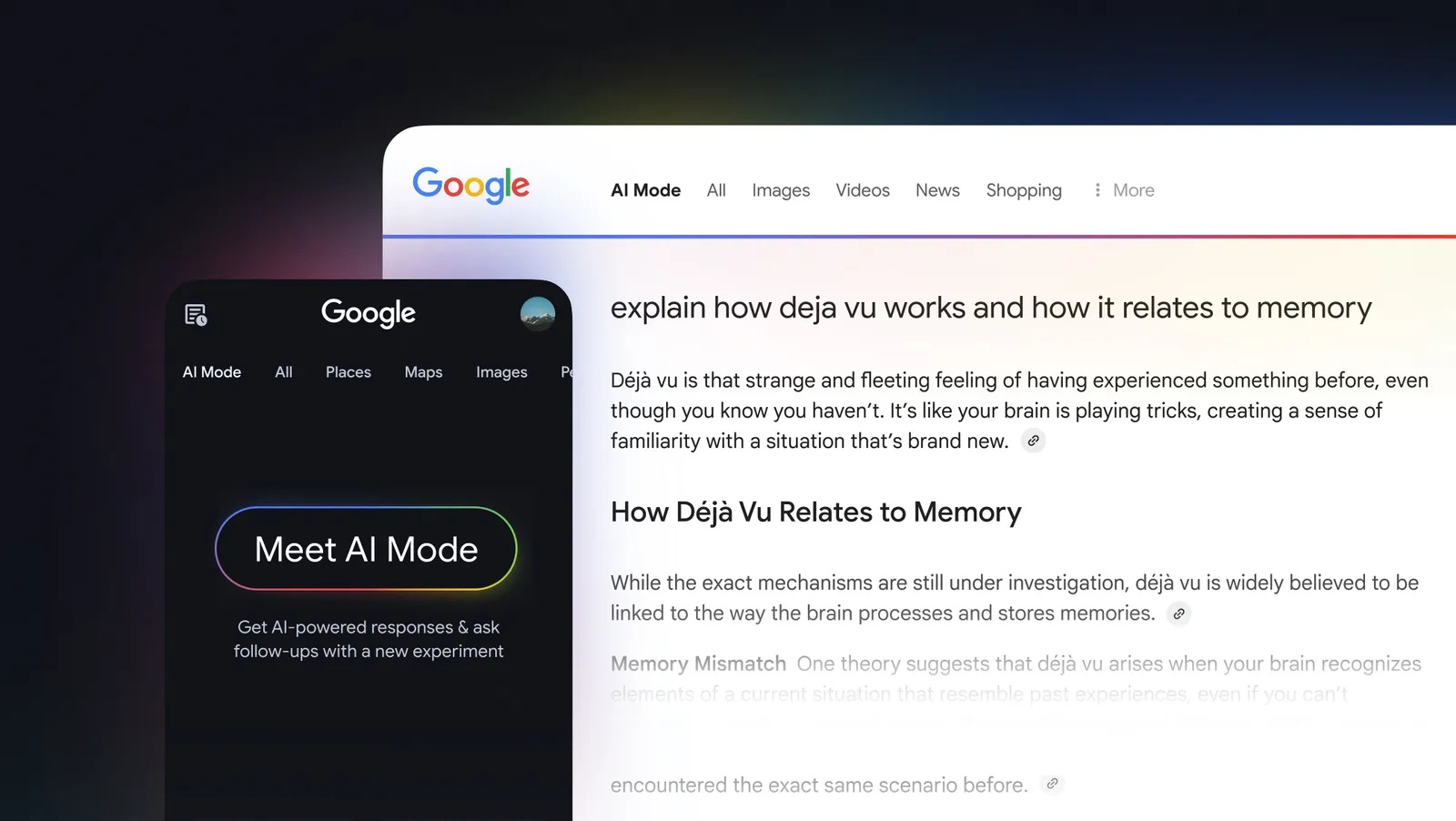

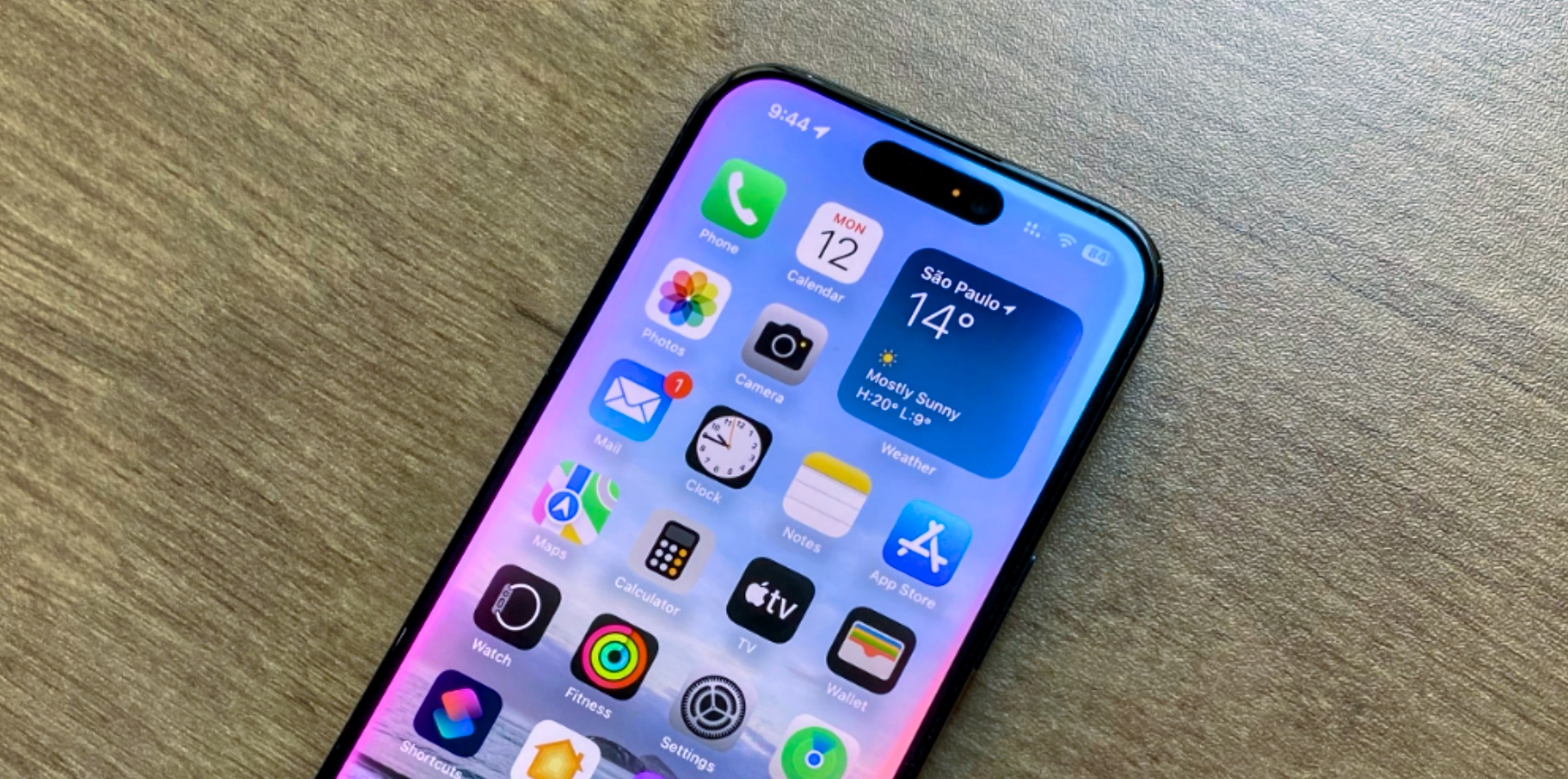


































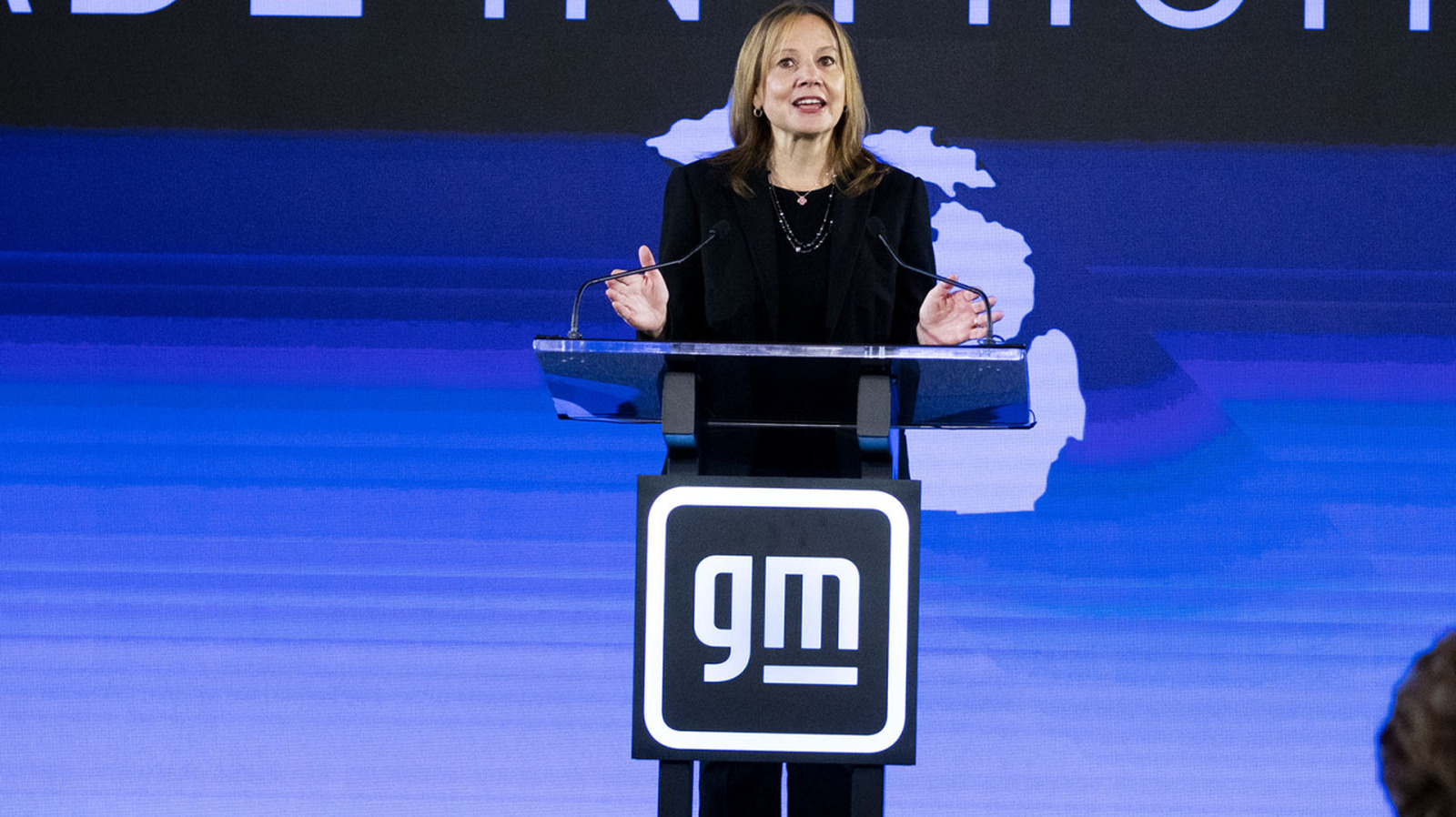



































_Andreas_Prott_Alamy.jpg?width=1280&auto=webp&quality=80&disable=upscale#)





























































































































![[The AI Show Episode 145]: OpenAI Releases o3 and o4-mini, AI Is Causing “Quiet Layoffs,” Executive Order on Youth AI Education & GPT-4o’s Controversial Update](https://www.marketingaiinstitute.com/hubfs/ep%20145%20cover.png)


















































































































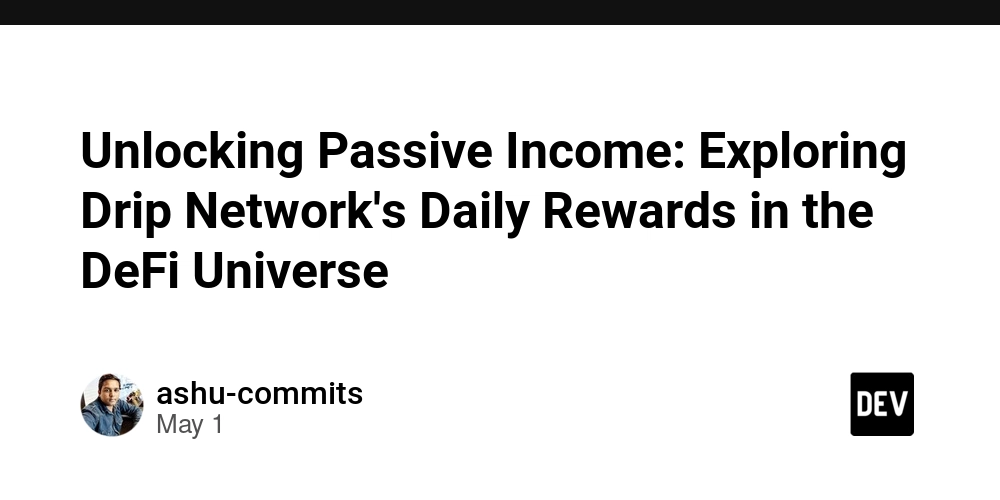
















































![[DEALS] Mail Backup X Individual Edition: Lifetime Subscription (72% off) & Other Deals Up To 98% Off – Offers End Soon!](https://www.javacodegeeks.com/wp-content/uploads/2012/12/jcg-logo.jpg)






























































































